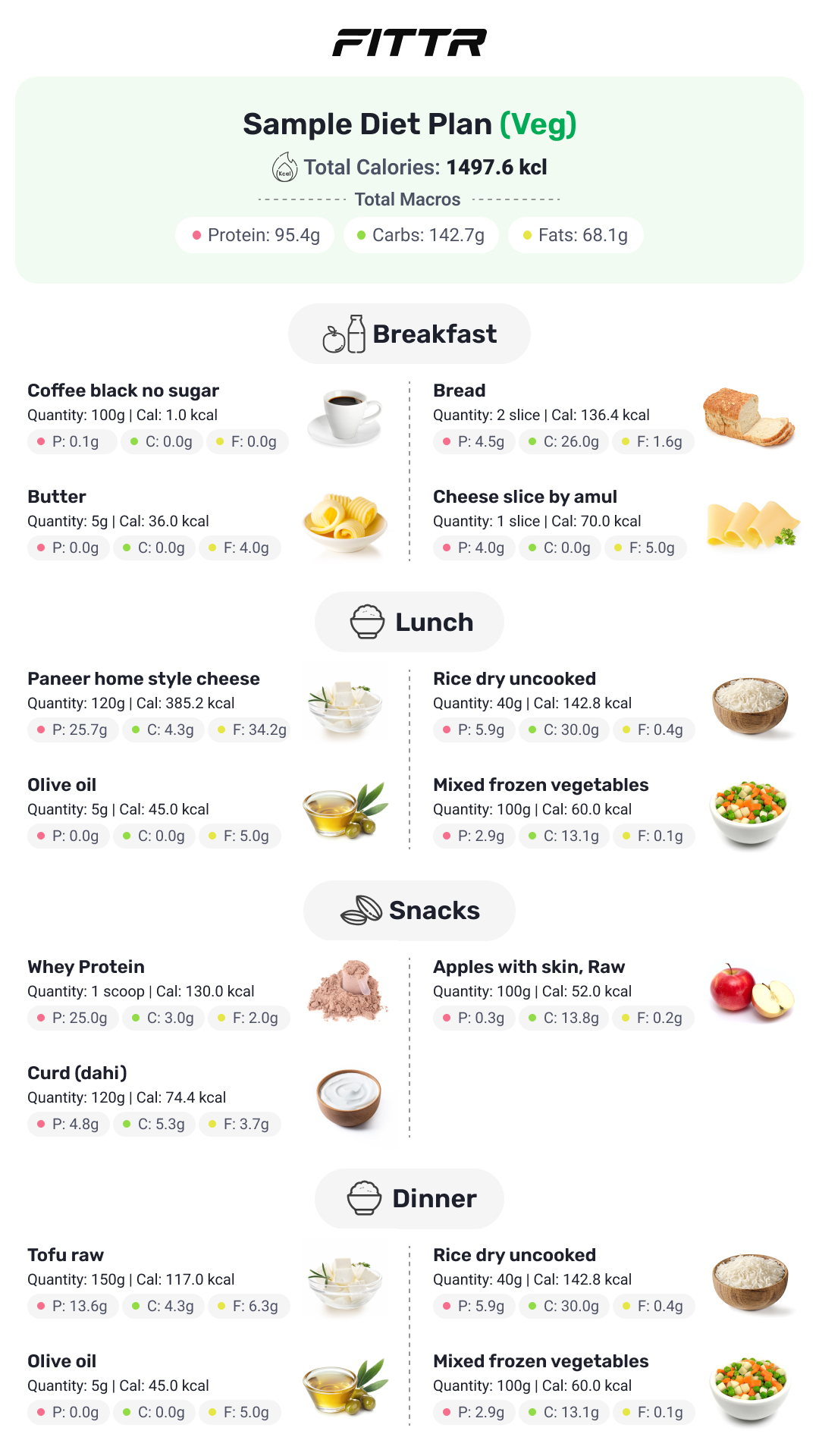Beneath the Lens: Curated Diets for All Fitness Levels

Navigating the world of eating styles can feel intimidating, particularly with the multitude of alternatives available nowadays. Whether you are just starting your fitness journey or looking to improve your nutrition, understanding the various types of diets is essential. This resource will assist demystify the most widely-accepted diet plans, making it more straightforward for you to find the one that fits with your way of life and wellness aims.
From popular low-carb diets like Keto to heart-healthy approaches such as the Dietary Approaches to Stop Hypertension diet, each eating strategy comes with its specific set of advantages and disadvantages. We’ll investigate how these diets influence your well-being and give you insight into which might work best for you. With a small amount of knowledge, you can make an informed decision about your eating journey, guaranteeing that it meets not only your body's needs but also your individual tastes.
Introduction of Common Diet Plans
When exploring the different kinds of dietary approaches, it is essential to recognize that every diet fulfills various health aims and lifestyles. Commonly followed navigate to these guys as the Mediterranean, Keto, and Paleo are trending in recent years due to their unique benefits. The Mediterranean diet, for illustration, focuses on whole foods, nutritious fats, and vegetable-based dishes, leading many health professionals to endorse it for its heart-healthy properties. In comparison, the Keto diet concentrates on high fats and low carbohydrates, pushing the body into a state of fat-burning mode to burn fat for fuel. Understanding these principles helps individuals recognize what fits with their health objectives.
Alongside traditional diets, modern trends like intermittent fasting and plant-based eating are changing how people view food. Intermittent fasting focuses on cycles of eating and fasting, which can serve in weight loss while giving the body a pause. The plant-based diet, often misunderstood with veganism, advocates for consuming more varieties of fruits, vegetables, grains, and legumes, with an emphasis on health and environmental consciousness. Each of these diets has its own set of guidelines, making it important for individuals to assess their objectives before committing.
Moreover, those navigating specific health conditions can take advantage of specialty diets. The DASH diet, designed to address hypertension, reduces sodium intake while supporting fruits and vegetables. The FODMAP diet is designed for those with digestive issues, allowing them to identify food triggers that may worsen discomfort. By discovering these specific diets, individuals can develop informed choices that cater to their unique health needs, ultimately leading to a higher quality of life.
Understanding Nutritional Benefits and Disadvantages
As you assessing various diets, it's crucial to weigh their advantages against potential drawbacks. Numerous well-known diet plans, like the Ketogenic and Paleolithic diets, offer substantial fat loss and better energy. Nonetheless, they can also cause a lack of nutrients if not managed properly. It’s important to know what your body requires and how various diet plans might satisfy or compromise these dietary requirements.
Following a diet often demands changes to one’s lifestyle that may not be suitable for every individual. As an example, the Mediterranean diet plan is celebrated for its cardiovascular effects, but it might not be appealing to those who prefer quick results or have hectic schedules. Conversely, diets like time-restricted eating can aid in weight loss, but they might be hard to follow in the long run for some individuals. Each person's connection with food is distinct, and what works wonders for one person might not suit another.
In addition, the psychological and emotional aspects of dieting should not be ignored. Diets that are excessively limiting can create unfavorable relationships with food, leading to feelings of guilt or anxiety. Selecting Weight loss that fits your lifestyle and promotes sustainable sustainability is important. Grasping the pros and cons of each choice can help lead you to a well-rounded approach that supports both your physical health and mental health.
Choosing the Best Diet for Your Lifestyle
Selecting a nutritional plan that fits seamlessly into your lifestyle is crucial for sustained success. Begin by evaluating your daily routine, preferences, and fitness goals. For instance, if you lead a hectic life and prefer ease, a prep-friendly diet like the Mediterranean could be ideal for you, as it emphasizes nutrient-rich foods and can quickly be tailored for batch cooking. On the other hand, if you thrive on routine and love culinary activities, programs like Paleo or the Whole30 can offer the discipline and variety you desire.
Take into account your dietary restrictions and ethical beliefs when choosing a diet. If you are unable to digest lactose or have gluten sensitivity, diets such as no gluten or vegetarian/vegan can address these issues while providing necessary vitamins and minerals. Additionally, if sustainability is important to you, exploring a flexitarian diet or other sustainable eating plans can align your food choices with your principles, enhancing both your well-being and the planet.

Finally, consider your social life and how a particular nutritional plan might affect it. Nutritional plans that encourage sharing meals, like the Mediterranean diet or even the semi-vegetarian approach, can make social gatherings enjoyable rather than stressful. On the other hand, rigid diets might isolate you during meals with friends or loved ones. Finding a diet that harmonizes your wellness objectives with your lifestyle and social needs is key to attaining and sustaining lasting results.
